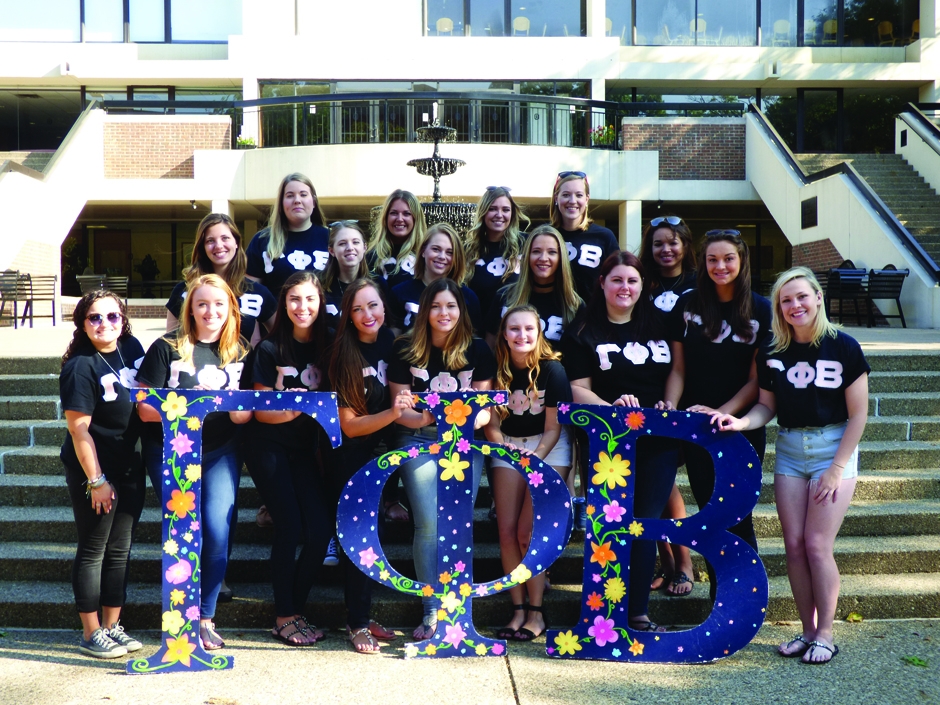
By Carley Thieret | Student Columnist

When I was in elementary school, my dad and I always used to do math homework at the dining room table. I was equipped with finely sharpened Black Warrior pencils and plenty of scratch paper. By the end of the night the scratch paper was always marked up, because math was the subject I struggled most with. My lack of understanding in math is the reason why we spent so many nights at the table together.
Now a senior, I still do my homework at the dining room table in my apartment, but without my dad’s assistance. Without all those nights of help, patience and guidance, I wouldn’t be the student I am today.
The influence of parents on children reflects heavily on how people behave as adults. As much as we sometimes don’t want to admit it, we are a product of our parents’ behavior. Their actions, mannerisms and habits reflect who we are as people.
As we progress through adulthood, we mature and can see the qualities we share with our parents, and the things about them that we deem unfavorable. The good traits, however, stick with us as we become the people we want to be.
Often we don’t want to disappoint our parents, especially when we respect them. My dad was poor growing up, but managed to put himself through college and eventually start his own engineering company. His hard-working mentality was instilled in my brother and me. My dad succeeded with few resources; if he could do it, we can succeed with everything our parents provided for us.
I see myself portraying my parents’ actions in other ways besides their school and work habits, and I notice these same trends in my friends as well. My parents don’t drink, and neither do I. This is something that was my own decision to make, but I was never exposed to alcohol growing up. It wasn’t part of my life, so it wasn’t something I found interesting when I turned 21.
My parents were homebodies; they liked the idea of close-knit family, and I myself could never imagine myself moving away from Pittsburgh
Studies have shown that children copy their parents in the idea of marriage as well. According to Psychology Today, intergenerational transmission of divorce is the idea that those who experience a parental divorce are more likely to divorce themselves. Reasons for this phenomenon include parents being important role models, displaying or not displaying relationship skills needed to be successful in a relationship and teaching conflict strategies.
Like choosing qualities in our parents’ character to model ourselves after, this can be done in relationships as well. Dr. Renee Dennison, an associate professor of psychology at St. Mary’s College of Maryland, explained a method known as “cherry picking.” Dennison, who specializes in emerging adult development and psychology of the family, describes cherry picking as couples choosing what they want to emulate from their parents relationship but recognizing what they strive to do differently. The cherry picking method can also be used in recognizing the qualities our parents have that we want to reciprocate, and the ones we would rather ignore.
The college years can be some of the most difficult. They are filled with challenges, new experience and often periods of change. They lead to new beginnings such as careers and even marriage. They are a time where people come into their own, but the influence of one’s parents will always remain with them, no matter how big or small it may be.
I am grateful I had the positive influence that I did and all those nights at the dining room table.




